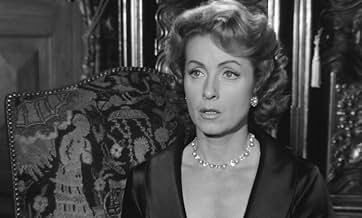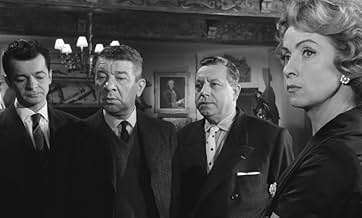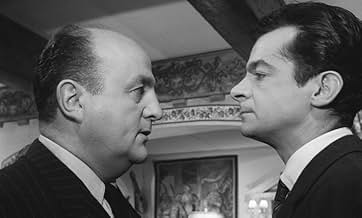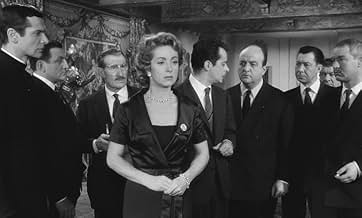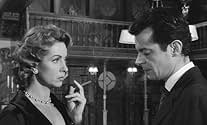Undoubtedly another great Duvivier's picture, this time touching in a neuralgic matter, due on occupied France many cooperating with the Germans invaders, this is the main point, after a fifteen years a hearsay came to Marie-Octobre's ears and his slavish admirer Léon Blanchet (Robert Dalban), thus they decided gathered all member of the French resistance at those time to find out the real traitor and thief, the meeting shall be in the same place where everything happened, that ends up with the Gestapo breaking out the meeting, also killing his leader, further the traitor also stolen three millions francs, they are eleven, a pressman, a priest, a tax collector, industrialist, a butcher, an attorney, a locksmith, a doctor, among others and the still young Lino Ventura as Carlo Bernardi as night club's owner, they faces each other, many things come up, suspicions on the air, in searching for the truth they reconstituting the final scene when his leader was killed, robust and valuable effort, displaying the human nature even on the worst wartime backdrop, Duvivier walks in a stony ground!!!
Resume:
First watch: 2020 / How many: 1 / Source: DVD / Rating: 8.5

![Guarda Bande-annonce [OV]](https://m.media-amazon.com/images/M/MV5BZmM2Y2Q3NmEtM2E2Yi00MWY5LTlmZjEtMDUzYjc3MDQ0YzRiXkEyXkFqcGdeQXRyYW5zY29kZS13b3JrZmxvdw@@._V1_QL75_UX500_CR0)
